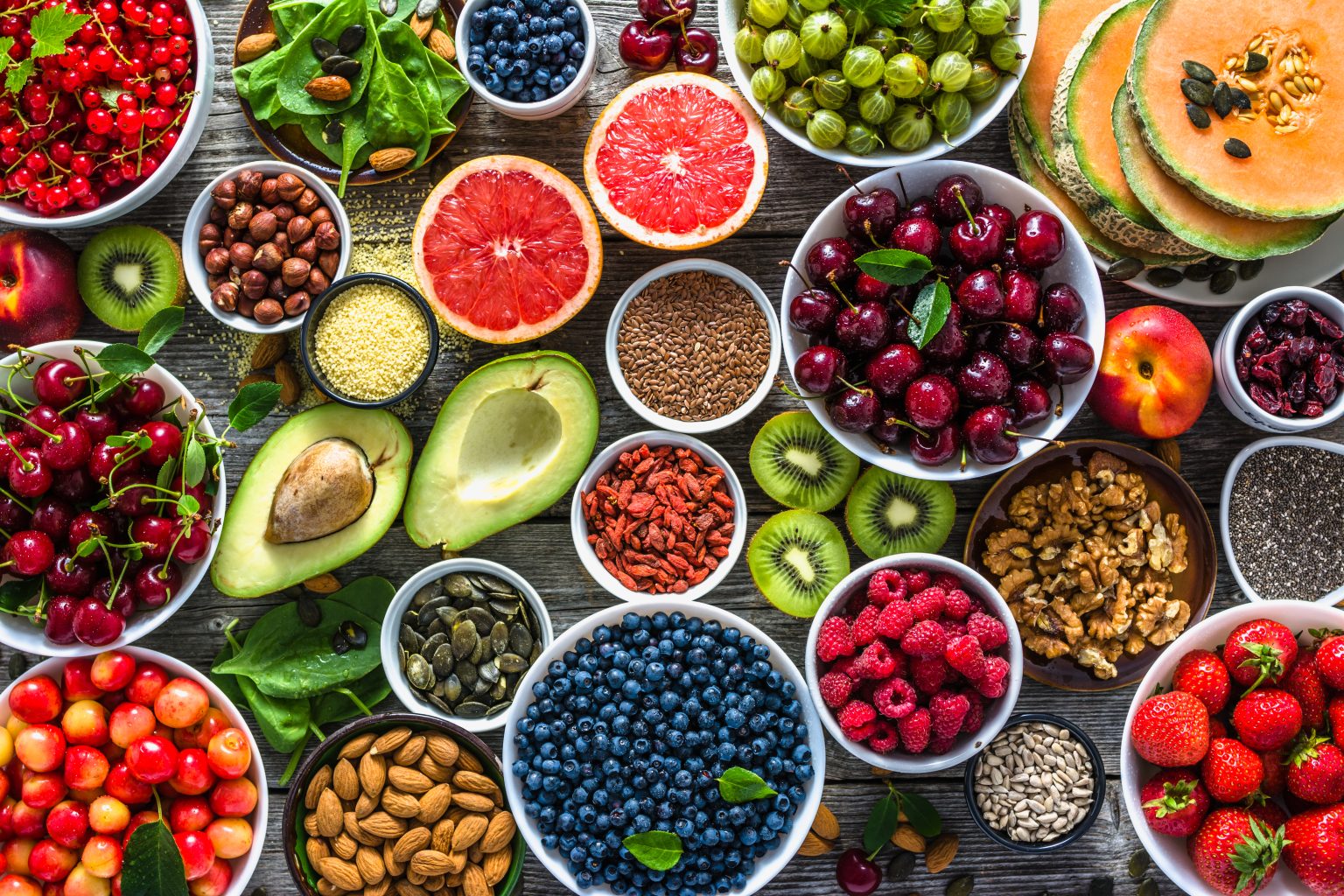If you want to know how you can improve your gut health simply by learning which foods to include in your diet, you’ve come to the right place. The physical effects of nutrition on our health and recovery have been known for a long time, but now, the impact of the organisms living in the human gut is being more widely researched.
Here are five foods that can improve your gut health, promote healthy digestion, and stave off common gastrointestinal symptoms and other digestive problems, such as constipation, gas, and diarrhoea, which affect millions of people daily.
Why is gut health important?
Recent research and numerous important studies have shown us that the gut microbiome (trillions of organisms that live in the colon) can affect every organ in our body, so maintaining a healthy gut is super important.
In the medical community, there has been a growing concern over the importance of good gut health. It has made people stop and think about what they can do to improve their gut health.
Our gut’s main purpose is to break down all the food we consume and absorb the nutrients it contains, which then works towards supporting our bodily functions and providing those essential nutrients throughout the body.
While the primary function of the gut is to digest our food, an increasing amount of research is suggesting further knock-on benefits of maintaining a healthy gut microbiome. For example, links have been drawn between gut microbiota and mental health, autoimmune disorders and it’s even been suggested that gut health could impact decision making. As such, maintaining a healthy gut could be crucial for your overall well being.
Which five foods you should include in your diet to promote a healthier gut
Your diet should always be varied, and the portions on your plate or in your bowl should always be reasonably sized based on how much energy you expend. Also, the experts recommend eating at least three balanced meals throughout an average day.
We can start by revealing five superfoods to try first, and then we will list several more suggestions that you might like to try if you can’t see yourself eating any of the top five suggestions.
In no particular order of importance, the top five foods to include in your diet for a healthier gut you may want to add to your shopping trolley when you next buy the groceries are the following:
- Leafy greens – kale and spinach are two of the best sources for delivering much-needed fibre, plus several other key nutrients/vitamins, such as vitamins A, C, and K, and folate. Studies have also shown that leafy greens contain a certain type of sugar needed to help grow the healthy bacteria that live in the gut
- Avocado – potassium promotes a healthy digestive system and is found in Avocado. It can help reduce gas because it is classed as a low-fructose food. It’s packed with essential nutrients and is also high in fibre. However, remember to avoid overindulging because they also contain high-fat content
- Whole grains – to ensure optimal colon performance, it’s recommended that everyone eats at least 25 grams of fibre each day. A great way of reaching this target is to eat whole grains, such as brown rice (red and black rice, too), buckwheat, quinoa, oats, oat flake/whole grain breakfast cereal, whole pasta, whole grain and wholemeal bread, cracked wheat, popcorn, muesli, and whole grain crispbread. The main nutrient benefit for your gut by adding whole grains to your daily diet is the addition of all-important omega-3 fatty acids
- Lean protein – if you are currently suffering from Irritable Bowel Syndrome (IBS), avoid fried foods and other food that’s rich in fat, and try including lean protein food instead, such as lentils and beans, because they are very low in fat. Other lean proteins include chicken and turkey breast
- Low-fructose fruits – you can either avoid fruits known to be high in fruit sugar (fructose), like mango, cherries, dried fruit, pears, and apples, or switch and start including low-fructose, fibre-rich fruits instead, such as grapefruit, oranges, berries, honeydew, grapes, bananas and coconut. They can stimulate the growth of healthy gut bacteria because they contain inulin (a type of prebiotic) and can reduce the symptoms of gas because they are much easier to tolerate
Final thoughts
If you want more suggestions after trying any of these top 5, you may also like to try including Miso, Kefir, Yoghurt (especially Greek yoghurt), Kimchi, Tempeh, and Sauerkraut.
That’s not forgetting Mushrooms, Garlic, Almonds, Sourdough, Peas, Olive Oil, and Kombucha, to name a few. Don’t forget that including one or more of these in your diet will not give you overnight results.
Be patient and focus on sticking to the plan by consuming as many superfoods as possible over an extended period, but try to do so in moderation. You will eventually notice a change for the better, and your gut will thank you for eating healthier.



